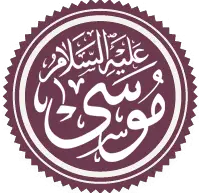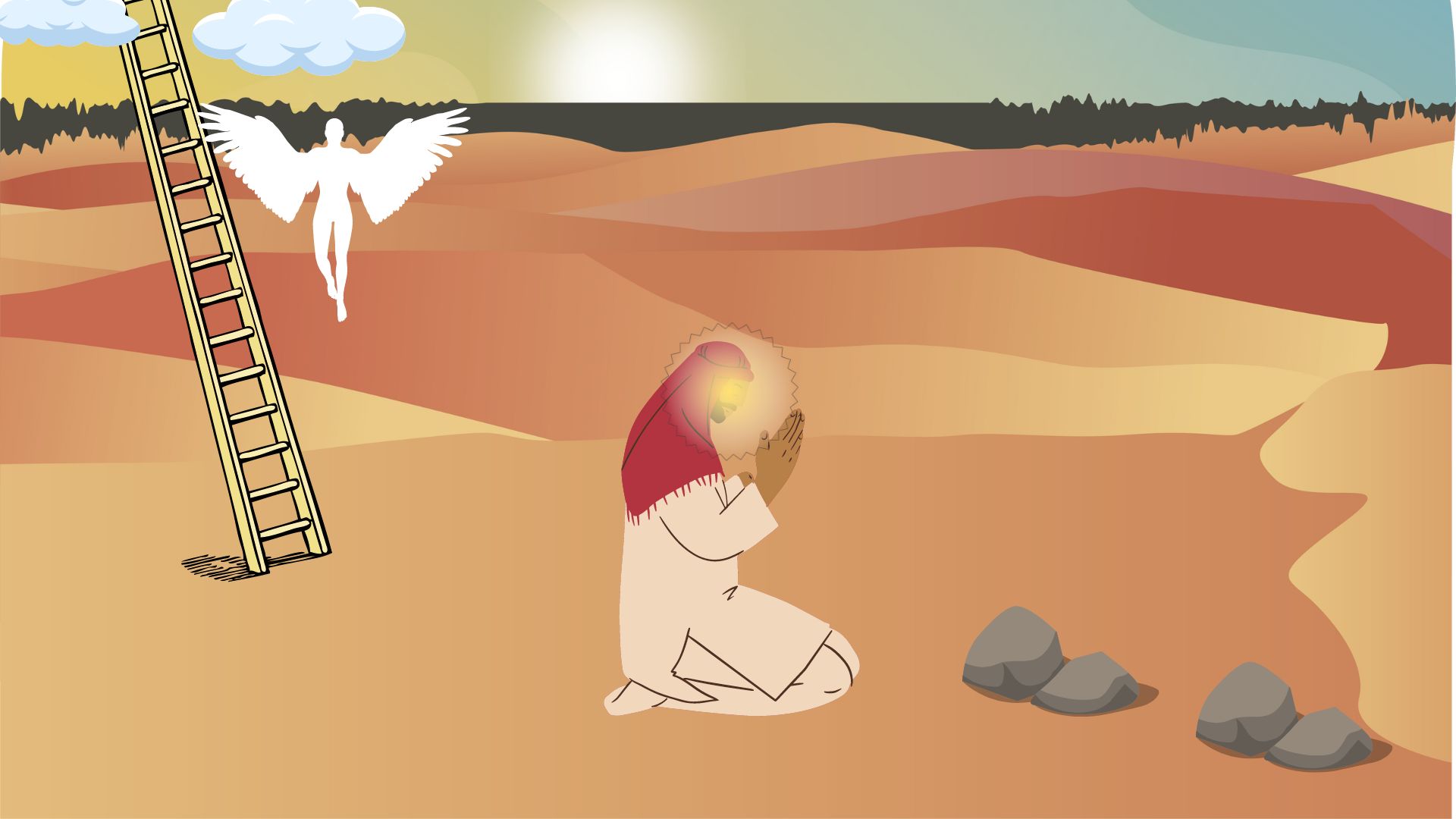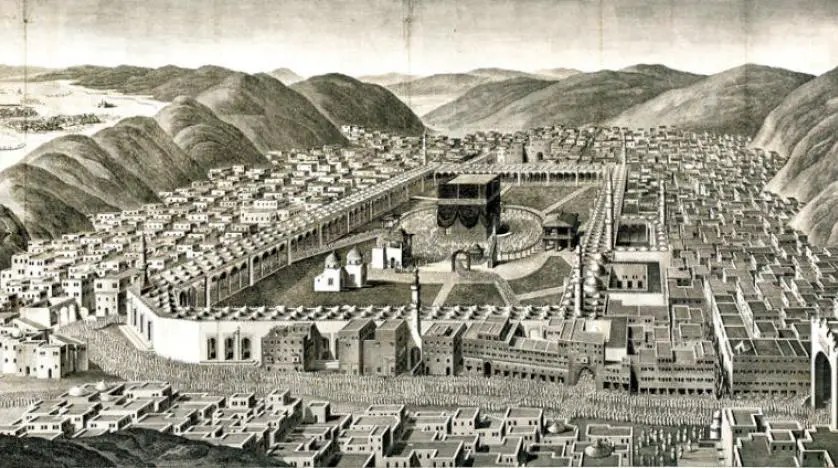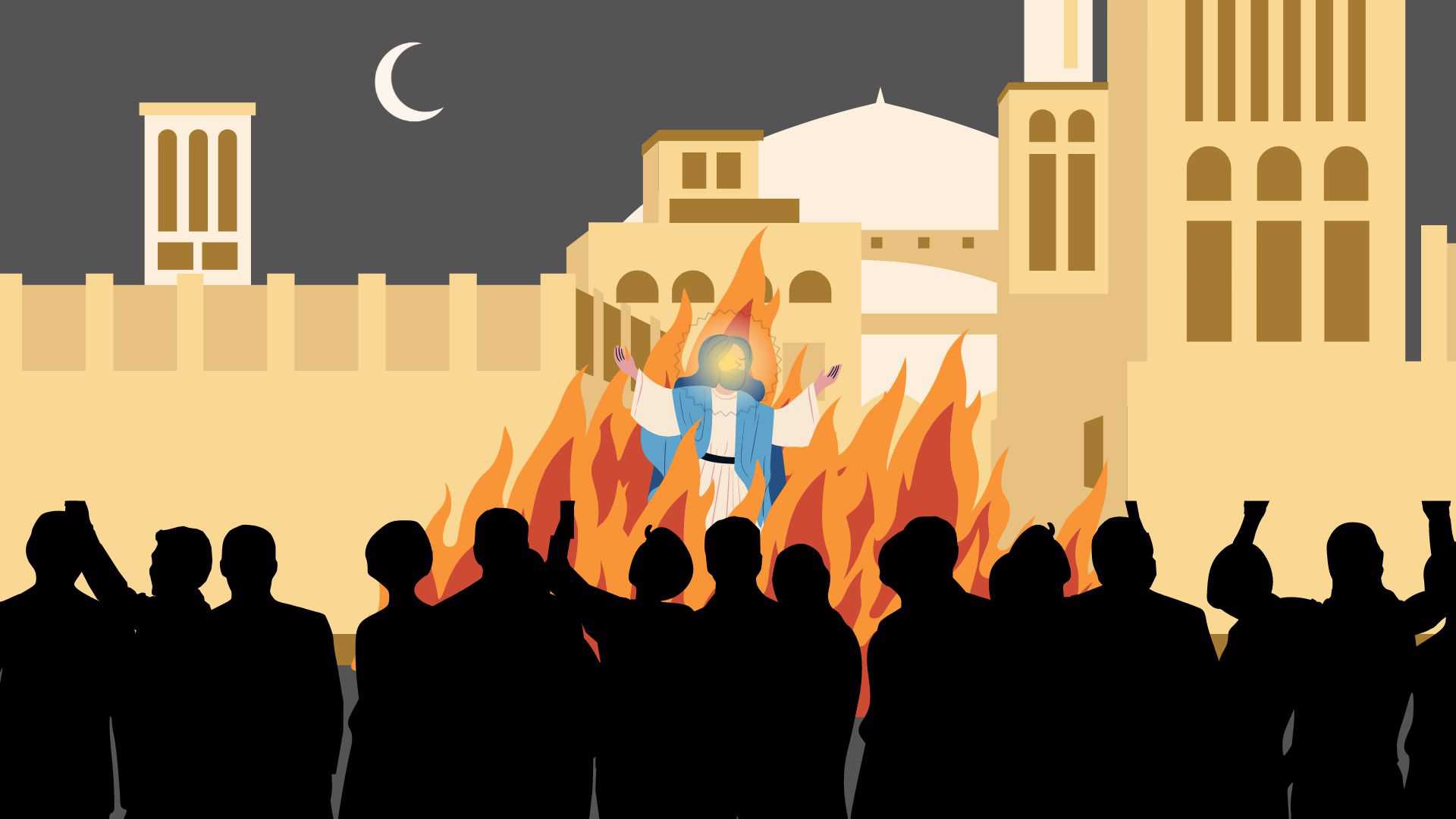Story of Prophet Musa: Prophet Musa (AS) is the prophet who appears most frequently in the Holy Quran. During the reign of Fir’aun, popularly known as Pharaoh, Prophet Musa (AS) was born. In Islam, Prophet Musa (AS) is loved and revered because He is both the Prophet and the Messenger. Muslims held a firm belief in all of Allah Almighty’s Messengers and the Holy Scriptures that He had revealed. Prophet Musa (AS) is frequently mentioned in the Holy Quran, and various chapters of the Holy Quran provide His life story.
As is common knowledge, messengers of Allah Almighty were dispatched to spread His message to the inhabitants of this world. Additionally, Prophet Musa (AS) was sent to the Israelites to convert them to Islam and to teach them to revere Allah Almighty and the Torah, which was given to Him. Allah Almighty said in the Holy Quran: “Verily, We did send down the Torah to Moses therein was guidance and light, by which the Prophets, who submitted themselves to God’s Will, judged the Jews. And the rabbis and the priests too judged the Jews by the Torah for to them was entrusted the protection of God’s Book, and they were witnesses thereto.” (Quran, 5:44)

The account of Moses (AS) and Pharaoh in the Quran, according to Allah (SWT), is accurate. It is a tale of political intrigue and unrestrained oppression. According to the Holy Quran, “We recite to you some of the news of Moses and Pharaoh in truth, for a people who believe. Verily, Pharaoh exalted himself in the land and made its people sects, weakening (oppressing) a group (i.e. Children of Israel) among them; killing their sons and letting their females live. Verily, he was of those who commit great sins and crimes, oppressors, tyrant.” (Quran, 28:3-4)
The Story of Musa (AS) is detailed below, including information about His birth, upbringing in the Fir’aun’s household, and other significant moments.
Story of Prophet Musa (AS) (Moses)
Musa (AS) was born during Fir’aun’s time, the most politically active period in history. The ruling authority in the country was the Pharaoh, or Fir’aun, of Egypt. Nobody could contest his claim to be a deity since he was so extraordinarily strong. He split the populace into groups and tribes, established class inequalities, and pitted them against one another. Children of Israel, the Jews, were relegated to the lowest strata of Egyptian society. They served as slaves and household help. Among them was The family of Musa (AS).
Fir’aun was informed that a son from the Bani Israel would shortly be born and that his country would be destroyed by his hands just before Prophet Musa (AS) was born. When the harsh king learned this, he gave his soldiers the order to execute every male child born to the Bani Israel. To carry out Pharaoh’s commands, the soldiers of Fir’aun occasionally searched the homes of the Israelites. The mother of Musa (AS) had prepared a plan for him. She pulled Musa (AS) out of his basket and placed him in the Nile outside her house as she heard the troops approaching. In Holy Quran it is mentioned as this: “So We sent this inspiration to the mother of Moses: “Suckle (thy child) but when thou hast fears about him cast him, into the river, but fear not nor grieve: for We shall restore him to thee, and We shall make him one of Our messengers.” (Quran, 28:7)
Prophet Musa’s (AS) mother placed him in a basket that floated in the direction of Fir’aun’s palace, where his soldiers pulled it out and brought the child to him. He was about to kill it since he thought it might be a Bani Israel child, but his devout wife Aasiya intervened and stopped him. She begged him to adopt the child because they didn’t have any children of their own. Asiya’s plea was granted by Fir’aun, who then requested other women to feed the weeping kid. Except for his mother, the infant would not drink milk from any of the other ladies who came to nurse him. Thus Allah Almighty then reunited mother and child in the palace in this manner.
In Fir’aun’s home, Prophet Musa (AS) grew up and had exposure to political concerns. When He (AS) was an adult, He once got into a conflict with an Egyptian and an Israelite, which led to the latter being ruthlessly killed. Prophet Musa (AS) traveled to the Madyan and wed Safura, Prophet Shuaib‘s daughter (AS). He stayed in Madyan for a while before departing to go back to Egypt. Prophet Musa (AS) and his wife, who had been lost while traveling to Egypt during the harsh winter night, spotted a fire in the distance. Prophet Musa (AS) instructed his wife to stay still while he went to the fire with the intention of bringing something back. Musa (AS) approached the flames and he saw a burning bush but there was no one near it. Prophet Musa (AS) was surprised in this scene when he suddenly heard a voice saying, “O Musa, I am your Lord!” He was then instructed to place his stick on the ground by the voice. It immediately transformed into a snake, which startled him. The snake subsequently transformed back into a stick as Musa (AS) was instructed to lift it fearlessly.
He was instructed to place his hand beneath his armpit after that. When he pulled it out once more, his hand shone brightly, like the sun. “O Musa!” the divine voice cried out to him. “These are the two great Signs of your Lord. Go back to Fir’aun and his people and invite them towards your Lord!”. Musa (AS) went to the Fir’aun and informed him that He (AS) is the messenger of Allah Almighty because He has proof after receiving these signs from the Almighty. The stick that Musa (AS) put on the ground transformed into a serpent. Fir’aun was alarmed by the miracle and sought guidance from his ministers. He was informed that Prophet Musa (AS) was simply a good magician. Even the magicians at the court could do this trick.
The famous magicians were then summoned to Fir’aun’s palace to perform the same feats as Musa (AS). They were unconcerned when they realized what needed to be done. Rope fragments were thrown on the ground, where they started to move like snakes. But when Prophet Musa (AS) threw his stick to the ground, his snake devoured all the rope fragments. The magicians bowed down and declared, “We believe in the faith of Musa,” realizing right away that this was a miracle rather than sorcery. Fir’aun was warned by the Prophet Musa (AS) as Allah ordered, that if they persisted in their ways and refused to accept their faith, Allah Almighty would destroy them both. But Fir’aun was too arrogant to pay attention to this.
Also Read: 10 Lessons from the Life of Pharaoh: A terrible warning
As a result of this, to punish him and his supporters, famine struck the nation. Locust swarms destroyed the crops. The Nile River inundated its banks, causing extensive damage. Lice and cancers plagued the population. When all of this occurred, the people went to Prophet Musa (AS), pledging to follow his religion and begging him to pray for their recovery. But once they were healed and things got better, they went back to worshipping their idols.
Musa (AS) assembled the Bani Israel citizens and traveled to Palestine. After learning of their escape, Fir’aun pursued them with a massive army. When Musa (AS) and the Bani Israel people arrived at the Red Sea, they saw Fir’aun moving in their direction and knew they were about to be slain. In spite of this, when Prophet Musa (AS) hit the sea with his stick, the waters split, creating a dry passage ahead. People made the crossing safely. When Fir’aun discovered the route, he led his troops into the water. However, the waters suddenly closed in on him and his troops while they were in the middle of the ocean. Fir’aun and his army perished in the river by drowning in this manner.

Lessons Learned from the Story of Prophet Musa (A.S.)
Allah advises the believers not to choose the same road as those who mistreated Musa (AS) in Surah Al-Ahzab. Musa was recognized as “distinguished” in Allah’s eyes despite his struggles. He was therefore one of Allah’s most honorable messengers. Musa’s significance can be seen from the numerous times he is mentioned in the Quran.
The story of Prophet Musa (AS) teaches us the value of relying on Allah at all times. The best planner there is, he is. We learn from it as well that Allah is ar-Razzaq, the Provider. Without Him, we would never be able to sustain ourselves. The narrative of Bani Israel most importantly demonstrates to us how believers must always face difficulties in this world. We must constantly be unwavering in the face of these difficulties and trust in His unfailing wisdom. We should give thanks to God and express gratitude for His favors when the trial is avoided. And above all, we should avoid the fate of the People of Israel; that is, the fate of the people who show no appreciation.
May we learn something valuable from the Story of Prophet Musa (A.S.) and become pious.
Read more Prophet Stories or Follow us on social media for daily Islamic reminders.









